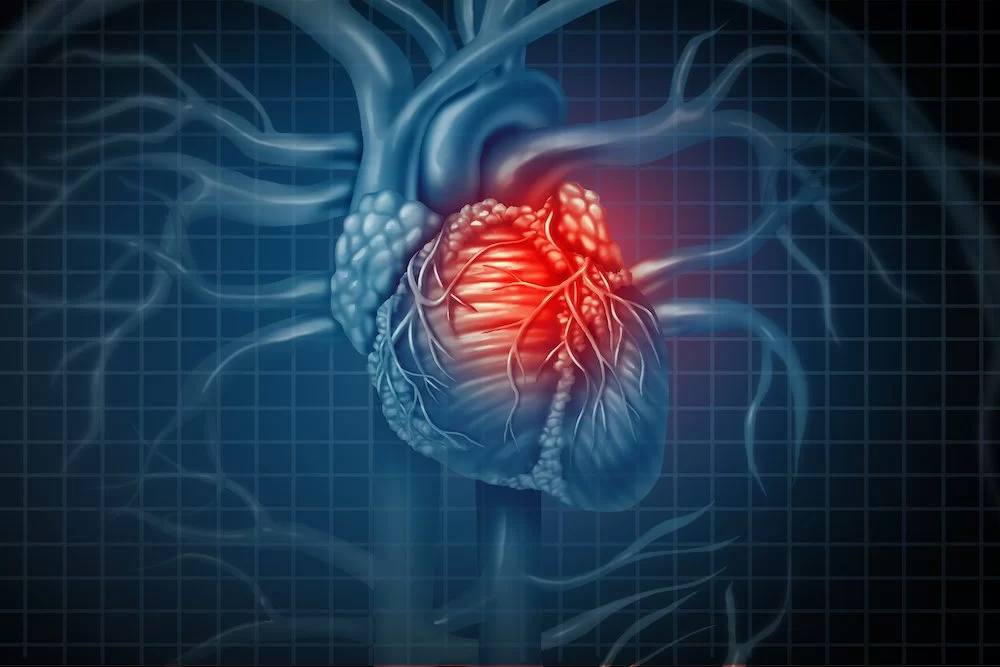Why Men and Women Experience Heart Disease Differently
- Why Heart Disease Affects Men and Women Differently
- Gender-Specific Symptoms of Heart Disease
- Risk Factors for Men and Women
- Treatment Differences for Men and Women
- Real-Life Examples of Gender Differences in Heart Disease
Why Heart Disease Affects Men and Women Differently
Heart disease is often thought of as a condition that primarily affects men. However, research shows that women and men experience heart disease in vastly different ways. While both genders share some common risk factors, the reasons for these differences are rooted in biology, lifestyle, and even societal expectations.
For instance, hormonal differences between men and women play a significant role in how heart disease develops and manifests. Estrogen, which is higher in women before menopause, is believed to offer some protective effects against heart disease. Once women reach menopause, their risk increases significantly, often surpassing that of men. This hormonal shift explains why women tend to develop heart disease later in life compared to men.
Gender-Specific Symptoms of Heart Disease
Men and women experience different symptoms of heart disease, which can lead to misdiagnoses or delayed treatment. In men, classic symptoms such as chest pain and shortness of breath are common. However, women may experience more subtle symptoms, including fatigue, nausea, and dizziness, which can be mistaken for less serious conditions.
Research indicates that women are more likely to experience symptoms that don’t match the traditional expectations of a heart attack. This can make it harder for healthcare professionals to diagnose heart disease in women quickly, which is crucial for timely intervention.
Risk Factors for Men and Women
While both men and women share common risk factors for heart disease, such as high cholesterol, smoking, and lack of exercise, there are also gender-specific risks. For example, women who have a history of pregnancy complications, such as gestational diabetes or preeclampsia, are at a higher risk of developing heart disease later in life.
Additionally, stress and mental health conditions like depression have been linked to a higher risk of heart disease in women, which underscores the importance of considering emotional well-being when evaluating heart health.
Treatment Differences for Men and Women
There are also differences in how heart disease is treated in men and women. Studies have shown that women are less likely to receive aggressive treatments, such as surgery or angioplasty, for heart disease compared to men. This treatment disparity can be attributed to both gender bias and differences in how heart disease is diagnosed and perceived in women.
Furthermore, women are often underrepresented in clinical trials, which means that the treatment options and recommendations available for women may not be as tailored or well-researched as those for men. This gap is slowly narrowing, but it remains an important issue in the fight against heart disease.
Real-Life Examples of Gender Differences in Heart Disease
One real-life example highlighting the differences in how heart disease affects men and women involves the case of a 52-year-old woman named Sarah. Sarah had been experiencing fatigue and mild chest discomfort for several weeks but was told by her doctor that her symptoms were related to stress. It wasn’t until she collapsed from a heart attack that doctors realized she had been at a higher risk of heart disease due to her family history and high blood pressure.
This case exemplifies how heart disease in women can sometimes go unrecognized due to the subtlety of symptoms. In contrast, a man experiencing similar symptoms might have been diagnosed much sooner due to the more obvious nature of his complaints.
Take Action for Your Heart Health
Understanding the differences in how heart disease affects men and women is crucial in preventing and managing this condition. By taking steps to monitor your heart health, reduce stress, and maintain a balanced lifestyle, you can significantly reduce your risk of heart disease.
If you’re looking to take control of your heart health, consider using products designed to support cardiovascular health. Explore various heart health supplements, fitness routines, and resources that cater to your unique needs. Taking proactive steps today could make a life-changing difference tomorrow.





















